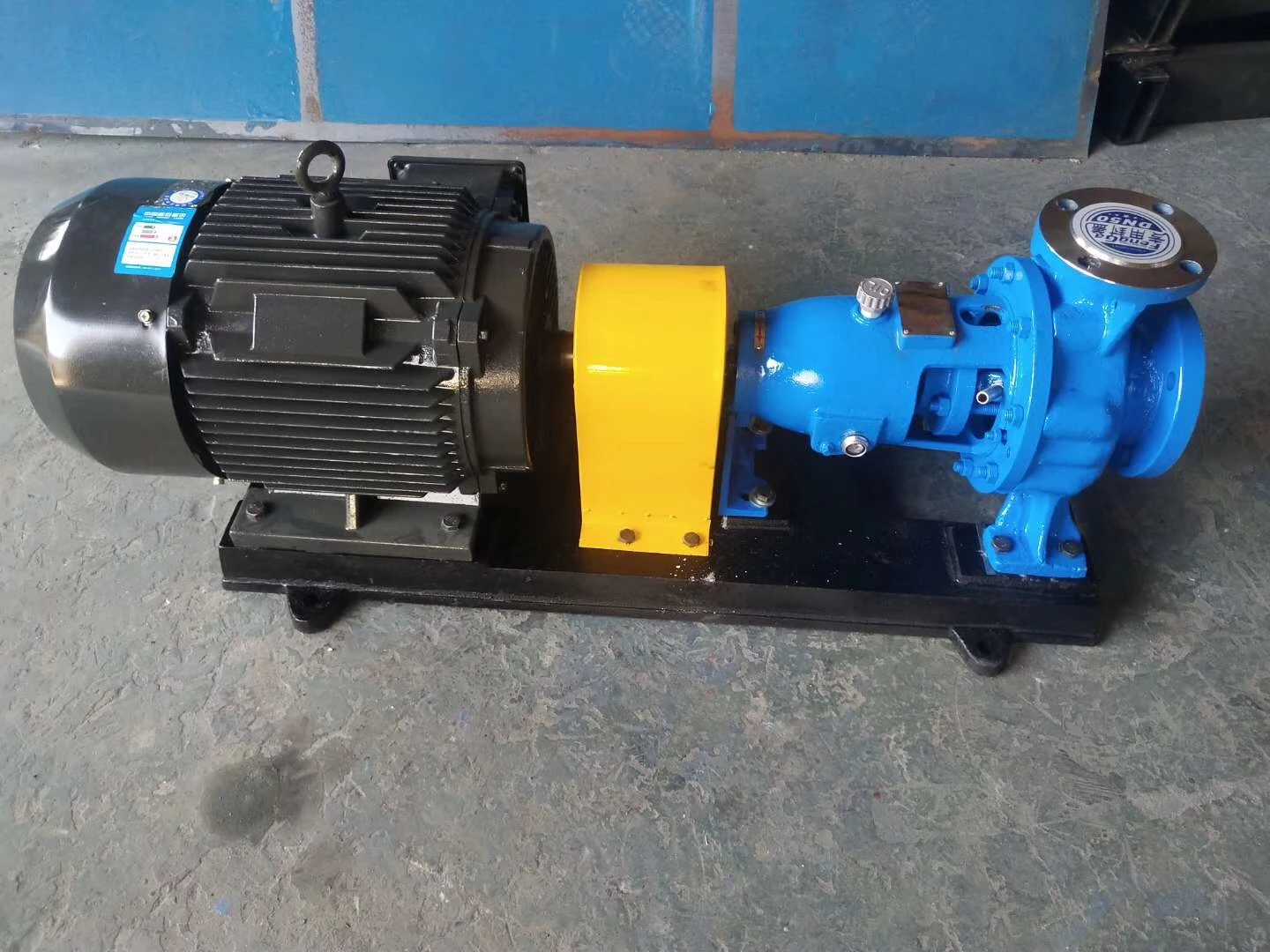Khmer
- Afrikaans
- Albanian
- Amharic
- Arabic
- Armenian
- Azerbaijani
- Basque
- Belarusian
- Bengali
- Bosnian
- Bulgarian
- Catalan
- Cebuano
- Corsican
- Croatian
- Czech
- Danish
- Dutch
- English
- Esperanto
- Estonian
- Finnish
- French
- Frisian
- Galician
- Georgian
- German
- Greek
- Gujarati
- Haitian Creole
- hausa
- hawaiian
- Hebrew
- Hindi
- Miao
- Hungarian
- Icelandic
- igbo
- Indonesian
- irish
- Italian
- Japanese
- Javanese
- Kannada
- kazakh
- Khmer
- Rwandese
- Korean
- Kurdish
- Kyrgyz
- Lao
- Latin
- Latvian
- Lithuanian
- Luxembourgish
- Macedonian
- Malgashi
- Malay
- Malayalam
- Maltese
- Maori
- Marathi
- Mongolian
- Myanmar
- Nepali
- Norwegian
- Norwegian
- Occitan
- Pashto
- Persian
- Polish
- Portuguese
- Punjabi
- Romanian
- Russian
- Samoan
- Scottish Gaelic
- Serbian
- Sesotho
- Shona
- Sindhi
- Sinhala
- Slovak
- Slovenian
- Somali
- Spanish
- Sundanese
- Swahili
- Swedish
- Tagalog
- Tajik
- Tamil
- Tatar
- Telugu
- Thai
- Turkish
- Turkmen
- Ukrainian
- Urdu
- Uighur
- Uzbek
- Vietnamese
- Welsh
- Bantu
- Yiddish
- Yoruba
- Zulu
Telephone: +86 13120555503
Email: frank@cypump.com
ធ្នូ . 11, 2024 09:23 Back to list
chemical pumps
Understanding Chemical Pumps Essential Tools in Industry
Chemical pumps play a pivotal role in various industries where the transport, transfer, and management of corrosive or hazardous fluids are necessary. From chemical manufacturing to wastewater treatment and food processing, these pumps facilitate the safe and efficient handling of liquids that could otherwise pose safety risks or damage equipment. In this article, we will explore the types, applications, and key considerations associated with chemical pumps.
Types of Chemical Pumps
Chemical pumps come in various designs, each tailored to specific applications and fluid characteristics. The most commonly used types include
1. Centrifugal Pumps These are the most prevalent type of chemical pumps. They use rotational energy, often from a motor, to move the liquid through the pump. This design is ideal for low-viscosity fluids and applications where the flow rate is crucial. However, they are less effective for highly viscous liquids or those containing solids.
2. Diaphragm Pumps Known for their ability to handle corrosive and viscous chemicals, diaphragm pumps utilize a flexible diaphragm that expands and contracts to move fluid. These pumps are beneficial in applications requiring precise metering or when dealing with hazardous materials, as they prevent leakage.
3. Peristaltic Pumps These pumps work by compressing a flexible tube with rollers or shoes, creating a vacuum that draws the fluid in. They are excellent for handling slurries and sensitive or shear-sensitive fluids, making them ideal in the pharmaceutical and food industries.
4. Gear Pumps Utilizing gears to pump fluid, these pumps are suitable for high-viscosity liquids and provide a consistent flow rate. Gear pumps are commonly used in applications such as lubricating oils and certain chemical processing applications.
Applications of Chemical Pumps
Chemical pumps are indispensable across a multitude of sectors. In the chemical manufacturing industry, they facilitate the mixing, transferring, and dosing of various substances, including acids, bases, and solvents. The food and beverage industry uses chemical pumps to manage ingredients and cleaning solutions while adhering to safety regulations.
chemical pumps

In wastewater treatment, chemical pumps help in the addition of chemicals for the treatment of effluents, ensuring that pollutants are neutralized before discharge. Additionally, agriculture uses chemical pumps to apply fertilizers and pesticides efficiently, which is crucial for crop management.
Key Considerations for Choosing Chemical Pumps
When selecting a chemical pump, several factors must be considered to ensure optimal performance and safety
1. Compatibility It's essential to confirm that the pump materials are compatible with the fluid being handled. Corrosive substances can degrade certain materials, leading to failure. Options like plastic, stainless steel, and special alloys may be necessary.
2. Flow Rate and Pressure Understanding the required flow rate and pressure for your specific application is crucial. This ensures that the pump can maintain efficiency and deliver the necessary volume without strain.
3. Viscosity The viscosity of the fluid influences the choice of pump type. Highly viscous fluids may require specially designed pumps, such as gear or diaphragm pumps, to ensure effective transport.
4. Safety Features Given the potentially hazardous nature of chemical handling, safety features such as leak detection, pressure relief valves, and containment systems are vital for protecting personnel and the environment.
Conclusion
Chemical pumps are essential components in industries that require the safe and efficient handling of hazardous materials. By understanding the different types of chemical pumps, their applications, and key considerations for selection, businesses can ensure safe operations while maximizing efficiency. As the world continues to advance in chemical processing technologies, the importance of reliable and effective pumping solutions will only grow, highlighting the need for innovation in this critical field.
-
Reliable Non-Clog Sewage Pumps with GPT-4-Turbo Tech
NewsAug.04,2025
-
High-Performance Air Pumps for Sand & Gravel | Efficient Transport
NewsAug.03,2025
-
ISG Series Vertical Pipeline Pump - Chi Yuan Pumps Co., LTD.|Energy Efficiency, Corrosion Resistance
NewsAug.03,2025
-
ISG Series Pipeline Pump - Chi Yuan Pumps | Energy Efficiency&Compact Design
NewsAug.03,2025
-
ISG Series Vertical Pipeline Pump - Chi Yuan Pumps Co., LTD.|High Efficiency, Low Noise, Durable
NewsAug.02,2025
-
ISG Series Vertical Pipeline Pump - Chi Yuan Pumps | High Efficiency, Low Noise
NewsAug.02,2025










